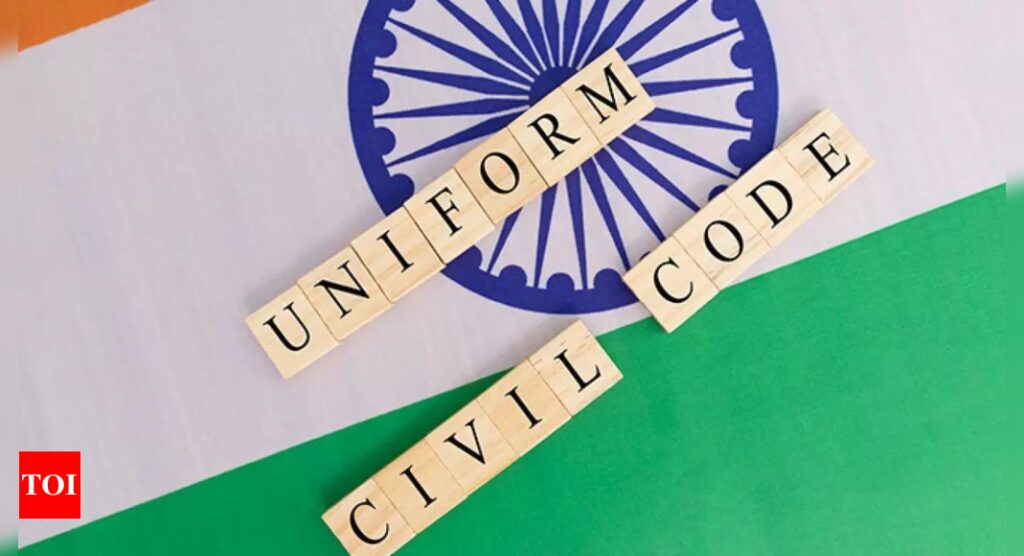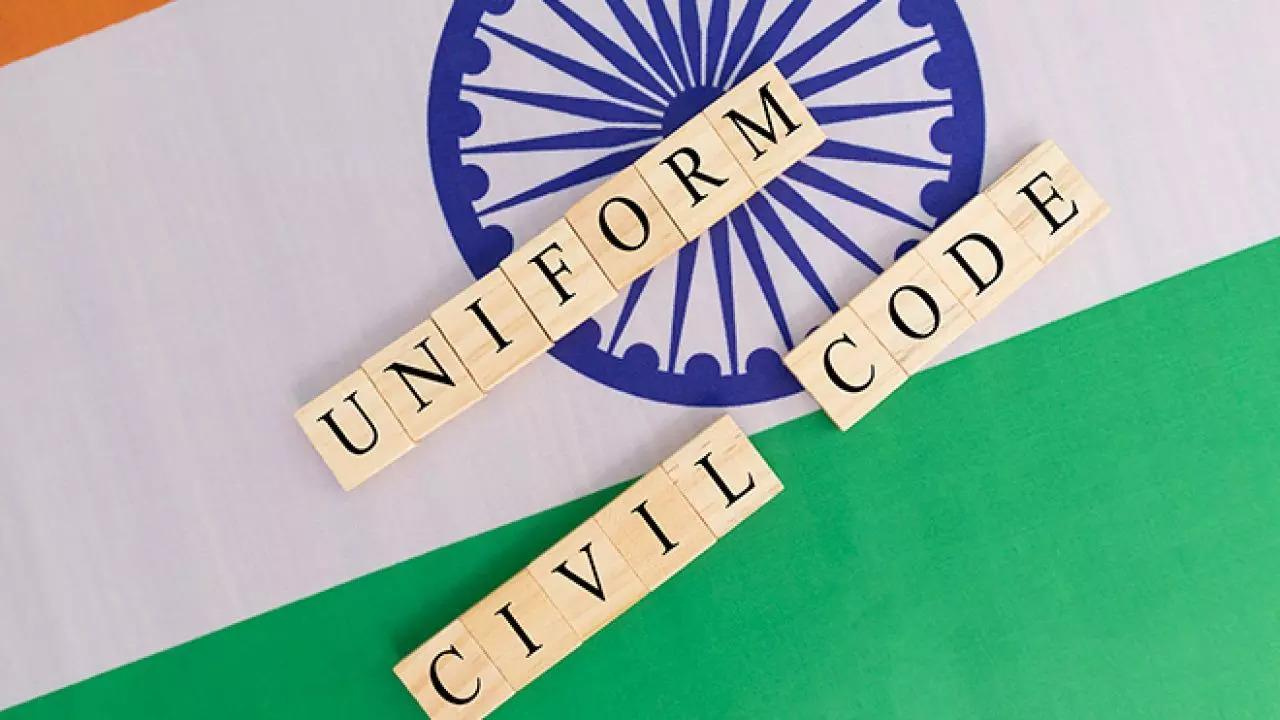[ad_1]
The British Raj left an indelible mark on our laws and institutions, which continue to reflect a pronounced colonial hangover. Family law is no different. As Parliament prepares to consider three bills that seek to decolonise Indian criminal law, the Uniform Civil Code (UCC) provides an opportunity to decolonise Indian family law.
Family Laws & ‘Non-Interference’
For the British, law was a tool to control the native population and a lens through which to understand an alien society. Indian criminal law, for example, is based entirely on a statute more than 160 years old. But scholars have observed that unlike criminal law, civil procedure etc., the British did not invest in a comprehensive, uniform code for family law as it had no direct impact on their economic and political interests. Instead, they adopted a policy of ‘non-interference’ when it came to family law. However, in the guise of non-interference, the British interfered by formulating answers to two key questions.
What Is Hindu Law, What Is Muslim Law?
The British applied their own understanding of Shastric law to all Hindus, and their understanding of Quranic law to all Muslims. Since family law disputes played out in courtrooms presided over by British judges, it was left to the sahibs to determine what constituted the law applicable to each community. In their search for authentic sources, these judges selected religious texts (often wrongly translated versions) based on their convenience. Gradually, the law came to be based on precedents developed by the British judges themselves and not the original religious texts.
According to old Shastric law commentators, ‘stridhan’ (a woman’s wealth over which she has an absolute right) includes wealth acquired by her through inheritance. In 1912, the Privy Council (a court in London that decided appeals from the colonies) rejected this idea altogether and held that when a Hindu woman inherits property, she cannot have absolute rights over it; upon her death it should pass to the heirs of the person from whom she inherited it.
This unfortunate interpretation forms the basis of a discriminatory rule that exists in Hindu succession law even today – any property inherited by a childless Hindu widow from her husband reverts to her husband’s heirs upon her death. This is not the case with property inherited by a Hindu widower from his wife.
Who Is A Hindu, Who Is A Muslim?
People coming to colonial courts with disputes relating to marriage, divorce, custody of children, and succession to property (some of the most common disputes in any legal system), would first have been asked: are you a Hindu, a Muslim, or a Christian? By defining the legal order through religion and by applying judgemade, religion-specific laws, the British privileged a person’s religious identity over all others. Even today, Indian family law is wholly based on the religious identity of a person. This is an artificial colonial relic.
Burden Of Victorian Morality
Although the British did not try to enact a uniform code applicable to all religions, there were attempts to uniformise and reform the various religious laws. Through these ‘reforms’, the British wanted to assert the inherent superiority of their culture and law. These ‘reforms’ also led to the introduction of Victorian morality in the law. A notable example is the remedy Illustration:
Uday Deb of ‘restitution of conjugal rights’, which enables a spouse to petition a court to force an unwilling partner to return to the matrimonial home. It is a shocking feature of our law that violates the right to privacy and erodes sexual autonomy. This concept is alien to Hindu Shastras as well as Quranic law. It is a direct import from Britain – a vestige of the old English custom that a wife was the chattel of her husband since marriage was just like any other property deal. The British introduced this remedy into the personal law of all communities during the Raj and it has continued since then.
When the Hindu Marriage Act was being introduced in Parliament, it retained the restitution of conjugal rights as a remedy. Seeing this, JB Kripalani fumed: “This provision is physically undesirable, morally unwanted and aesthetically disgusting.” He was unable to convince the House and this provision, a relic of medieval Britain, continues to be on our statute books today.
In 1970, through a landmark legislation that reformed the law on matrimonial remedies, restitution of conjugal rights was abolished in Britain as it was found to be outdated and out of sync with modern British society.
The Uniform Civil Code represents an opportunity to decolonise Indian family law by shedding the artificial colonial legacy of discriminating between religions and ridding it of Victorian morality. Had our former colonial masters embarked on drafting such a code, it would undoubtedly have involved a face-off between Hindu law, Muslim law, Christian law, etc. We must not make this error. Instead, a model code on Indian family law should be based on an effort to develop the best principles of family law suited to a modern, 21st -century India.
The authors are with the Vidhi Centre for Legal Policy, which has prepared a base draft of a UCC for public consultation.
[ad_2]
Source link











More Stories
We can’t wait to face India in the final: Pat Cummins | Cricket News
Railways plans 3,000 additional trains in next 4-5 years to minimise number of waitlisted tickets | India News
Faridabad: Man dies after ‘falling from hotel room window’ while partying with friends